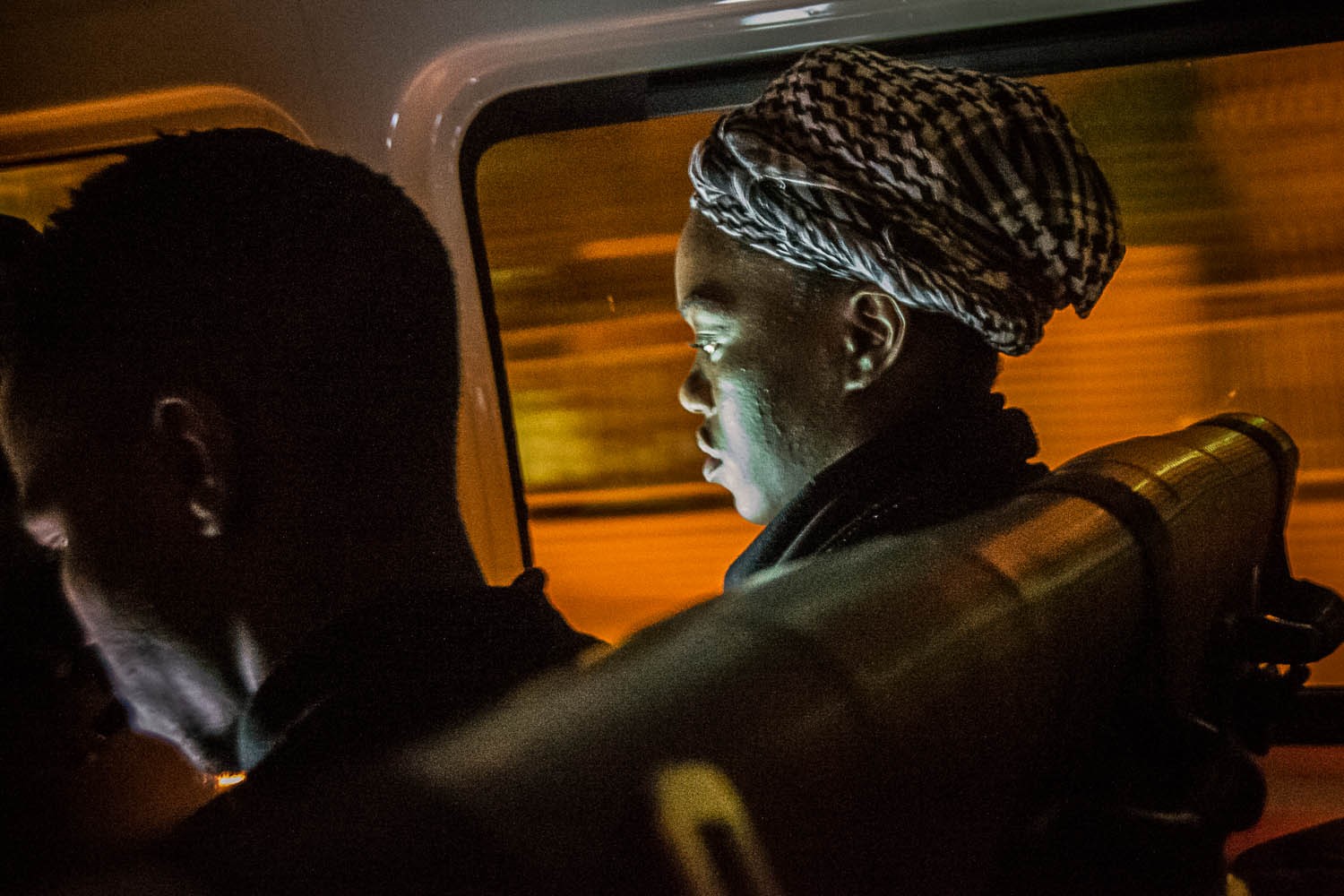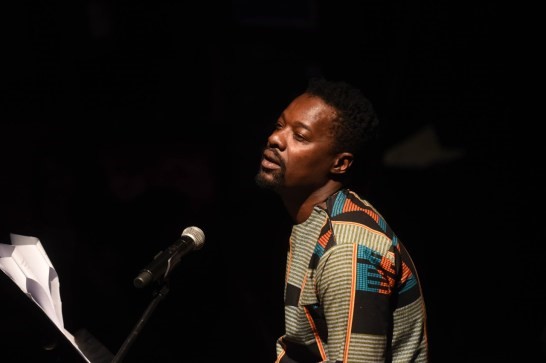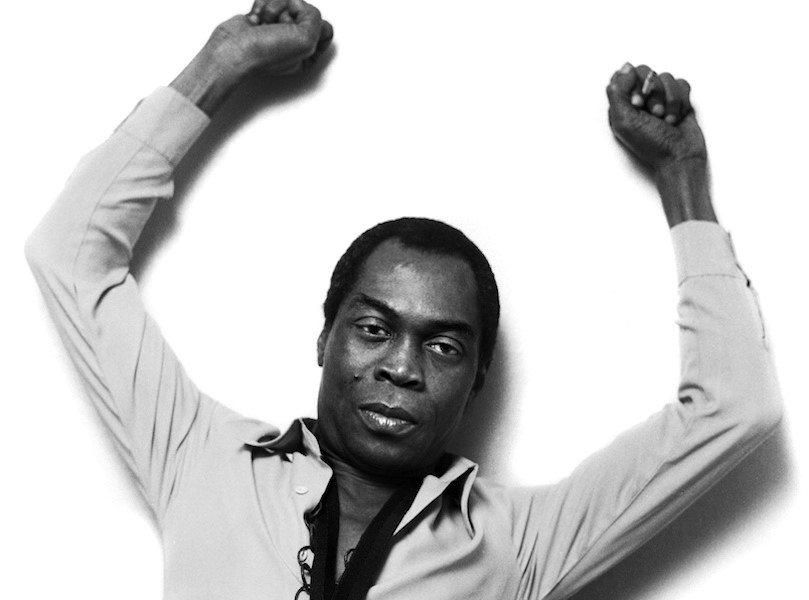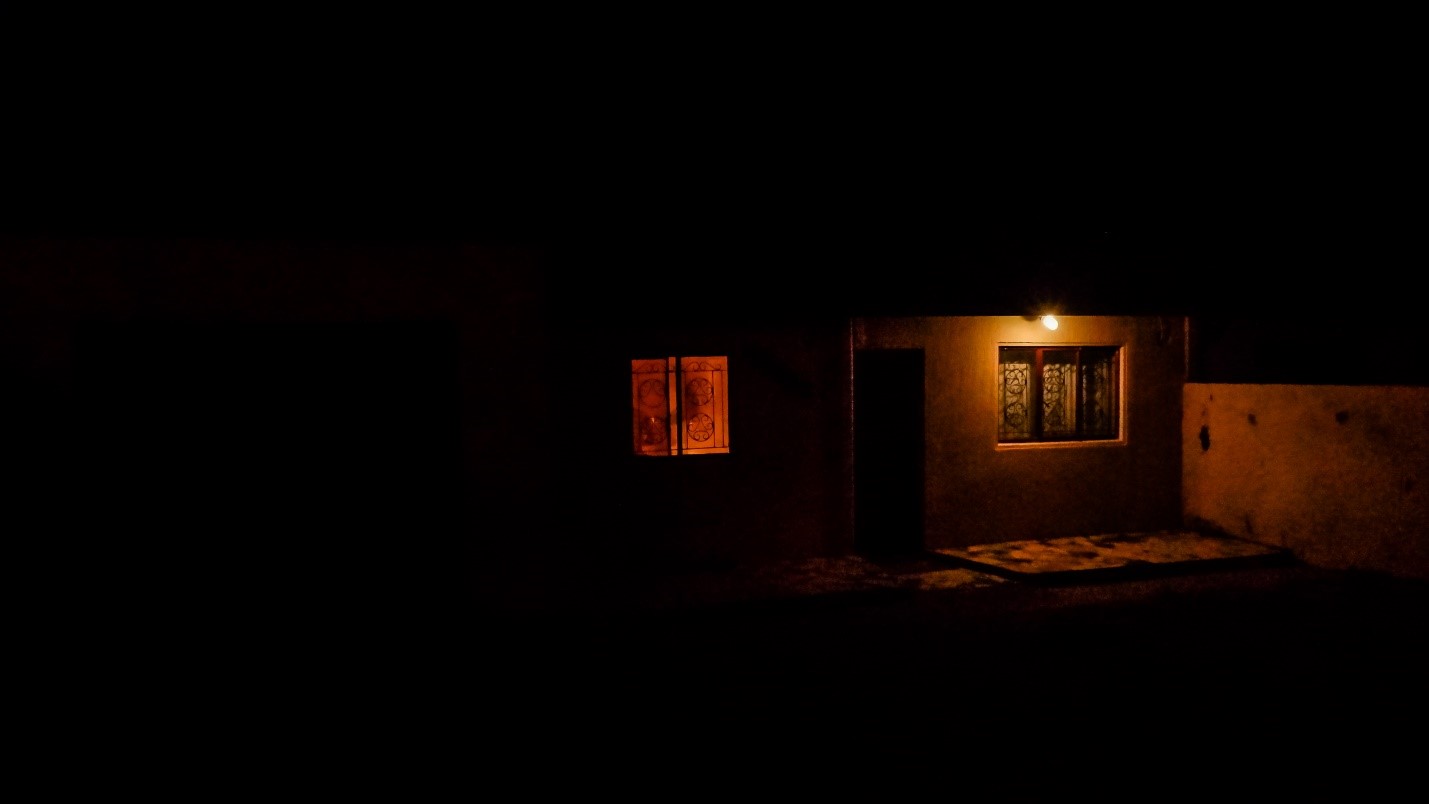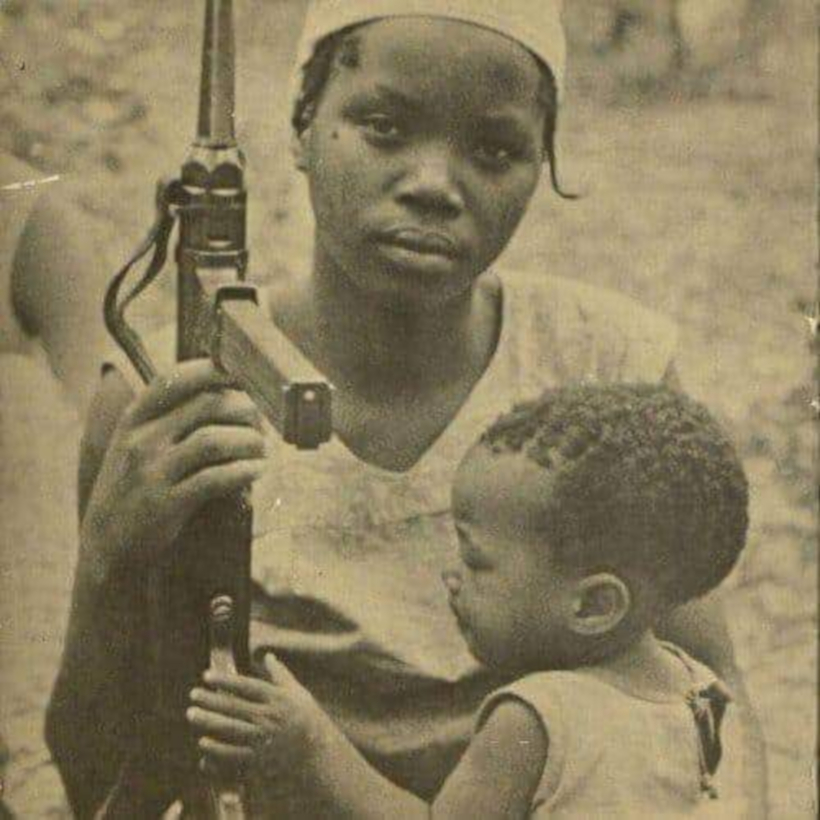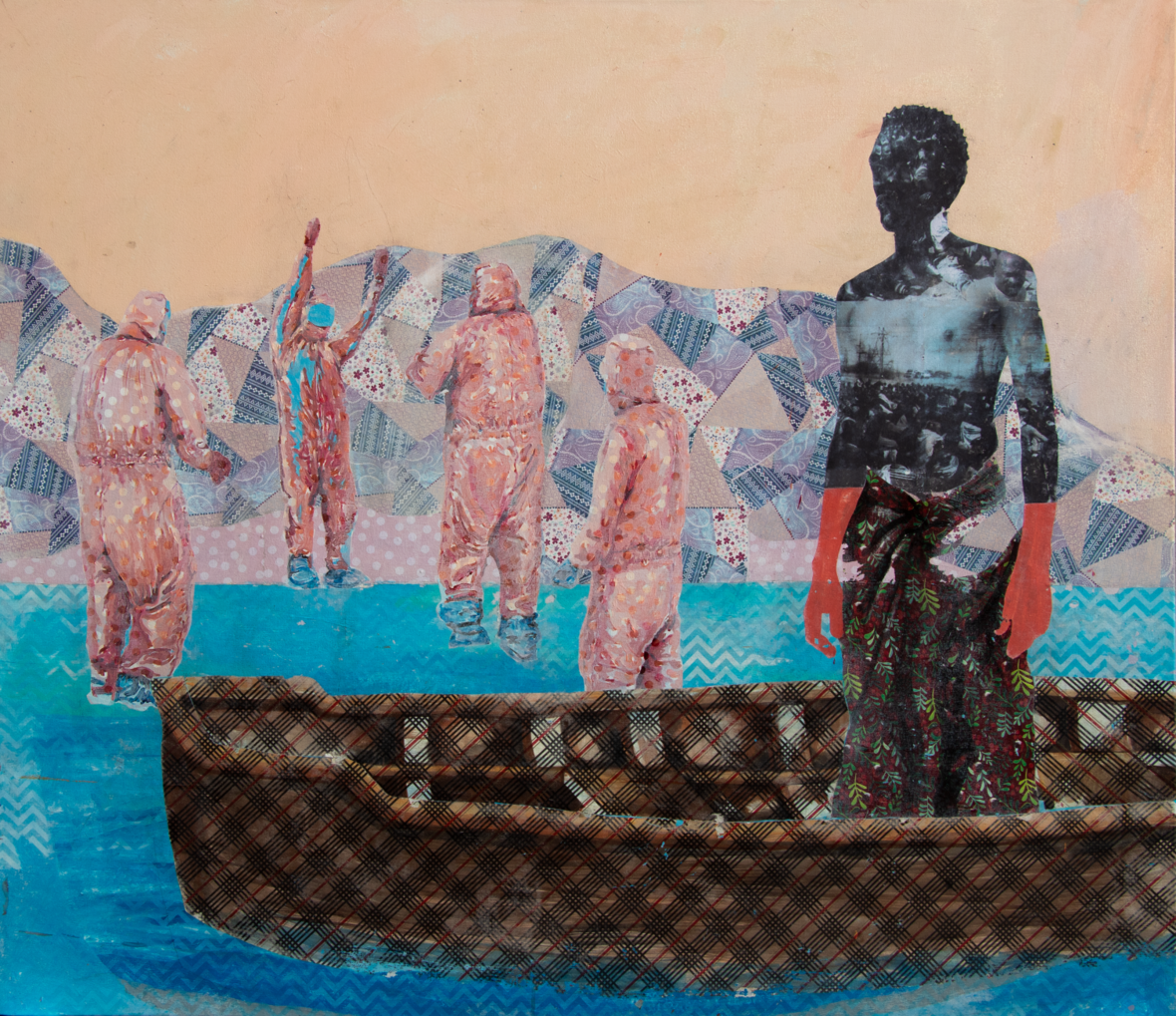They call this place Egoli, the city of gold, a place of broken dreams and horizons painted by the tears of those whose remains decay inside this lustful city’s greedy stomach. In this dull and grimy city of gold, whose toll we can’t afford, we all come to rise and shine, grinding and chasing the dreams that devoured our fathers and left our mothers grovelling for their remnants. Alas, we keep moving and so are moved by the 16-seater hearses that drive us to and from our amphitheatres of sombre severity. Every morning in the southern corners of this city of gold, the sun rises slowly; like the bellowing smoke from old chimney necks sticking out of the matchbox houses we call home. Makhulu wakes us, the day has started, tea and peanut butter sandwiches run down our gullets pushed swiftly by the cheap instant coffee we hope will keep our sleepy spirits awake… as we try and try again. Off we go; the dark, quiet, heavy streets are like a split between runways leading us to our suburban dreams; or conveyer belts leading us to our imminent deaths. Mara fede soba grand all we need to do is avoid the wrath of abomageza and make it to the city safe and sane. The only way to do this is to follow the rules: avoid standing out too much because kungasheshe kunyiwe macala, lay low making sure we have every cent of our taxi fare ukuze sizo fika emphandweni.
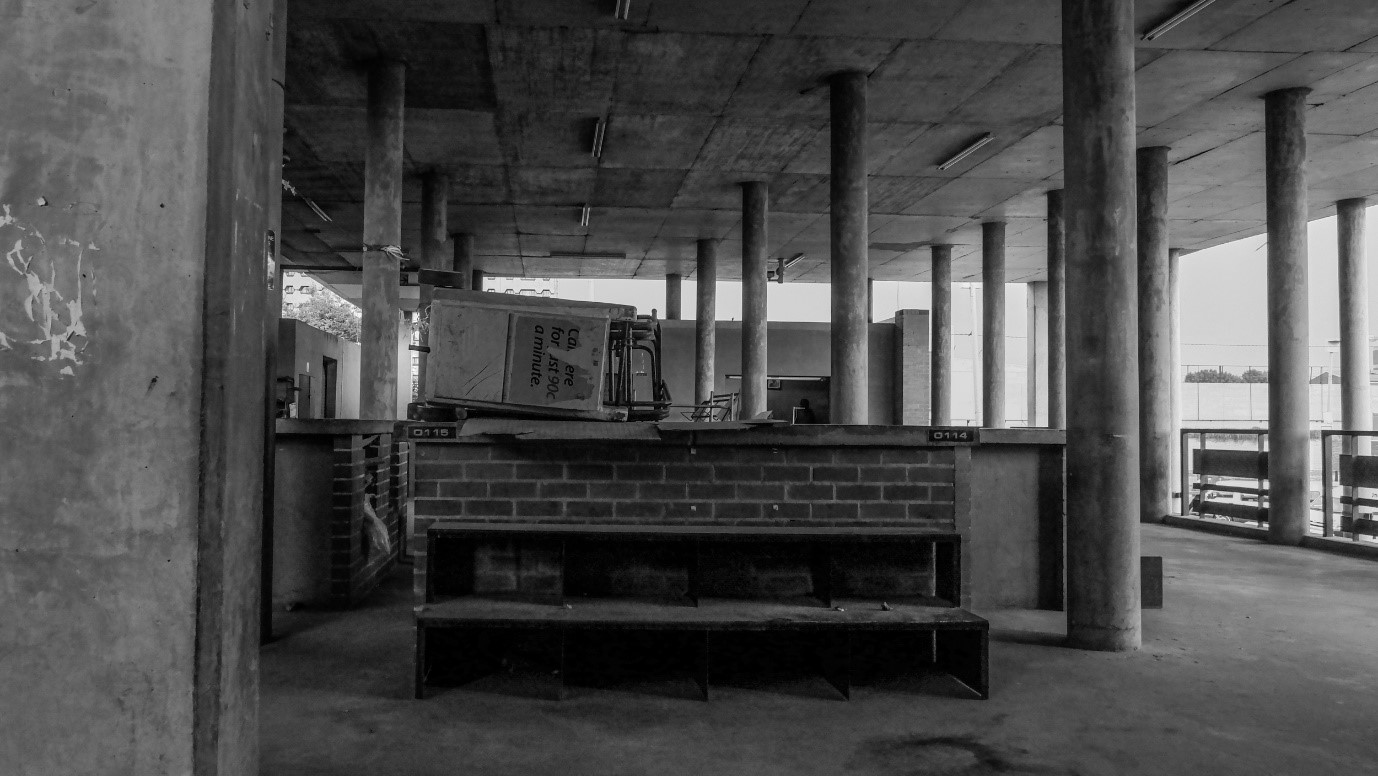
These are the ways in which we survive these so-called ‘coffins in motion' that take us home and back. Taxi etiquette is the name we give the do's and don'ts of communal travel, reserved for the poorest members of the republic.
1. Never speak English in front of phambi kwabantu. English, the so-called language of the oppressor, the language given to us by the hard labour of our working-class parents because they wanted us to survive, is a language never to be spoken in the presence of the Brentwood-wearing, Chappies-chewing, maskandi-playing pilots of this industry. As a sign of respect, you must bring your Model C accent down three notches and speak in the lowly, submissive tone of a properly humbled young African. Speaking English has various consequences, ranging from being ignored to being reminded (by way of insult) that your mother has a certain private body part. Your polished diction and pronunciation will get you nowhere so sukhumsha mntase.
2. The sliding door is an important asset, handle it with care. The door of an average 16-seater Siyaya is a very essential part of our travel. Because it is so easy to ignore the important part it plays in ensuring that we all remain safely in the taxi as we commute, it more often than not never gets fixed. It is therefore important for prospective passengers to understand that one should always close it very carefully when exiting or entering the taxi. The worst thing you can do, when having an already bad day, is slightly removing the door from its hinges and then watching as the whole thing dismantles and falls jaggedly towards ground. Quite often this isn't of your own doing, but when it does happen, God help you motase.
3. Eat your KFC, but know that we're low-key judging you... Nothing is as satisfying as the warm contours and inviting aroma of Colonel Sander's chicken as it smacks your lips after a long month of laborious work. As those 16 herbs and spices hit the roof of your mouth, while with every chew you savour the taste of your own hard work, it feels like the heavens have opened and you have a first-class ticket in. You almost feel lost in that moment and fail to notice that there are other people in your presence; who wish those finger-lickin’ herbs and spices would land on their tongues too. You might think we don't notice the smell wafting through the taxi but we do, and with each tasty bite we judge you. Even those of us who never eat KFC judge you because that smell ntjamme, that damn smell!!! To die for…
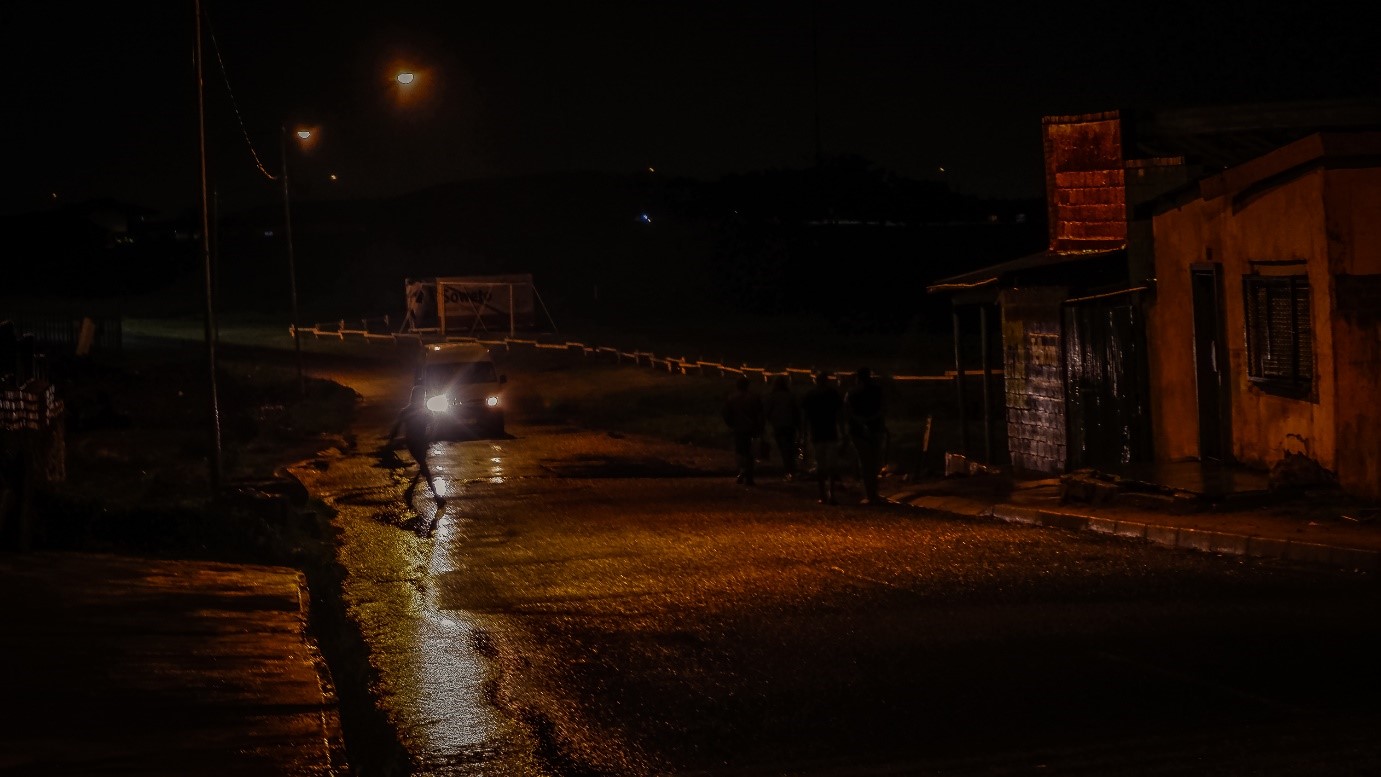
Ya, there's something about travelling in groups. The prospect of arriving together (or even dying together if the gods permit it) creates a bond that makes the distance between strangers grow narrow. On most days the wrought painfulness of poverty seems lonely, but on a few good days when the rain falls like fairy dust we laugh and cry together, we see and hear life together in all its vivid colours and sounds, and sometimes the soundtrack to those moments is the roaring engine of a Siyaya and the noisy maskandi coming out of its speakers. Such is the beauty of life, in the dark and dirty south.

